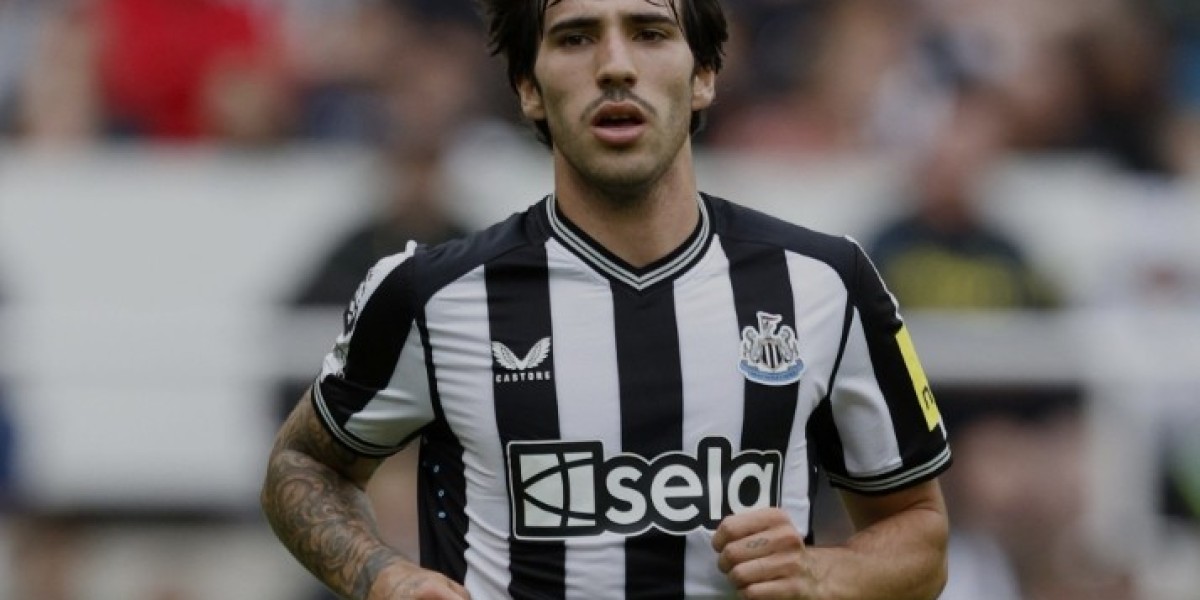In 1963, one event shook the world and left an indelible mark on the history of the United States – the assassination of President John F. Kennedy. The nation was brought to its knees on November 22nd, 1963, as JFK's motorcade made its way through Dealey Plaza in Dallas, Texas. What was meant to be a routine visit to the city turned into one of the most shocking moments of the 20th century. The tragic event not only altered the course of the nation but also became a defining moment in the collective memory of America.
On that fateful day, excited crowds had gathered along the streets of Dallas, eagerly awaiting a glimpse of the charismatic President and his glamorous wife, Jacqueline Kennedy. The atmosphere was charged with anticipation, as JFK had won the hearts of many Americans with his progressive policies and unmatched charm. Amid the cheers and waving flags, the motorcade progressed, with President Kennedy and First Lady sitting in the open-top Lincoln limousine, graciously acknowledging the adoring crowd.
Suddenly, three loud gunshots reverberated through the air, casting a shadow of terror over the scene. Within seconds, chaos erupted. Panic-stricken onlookers scattered in all directions, seeking safety from the unknown threat that had unfolded before their eyes. In the midst of the pandemonium, the realization dawned—John F. Kennedy had been shot.
The severity of the situation became painfully apparent as the President slumped forward, his face marked by shock and pain. Jacqueline Kennedy, clad in a pink Chanel suit, instinctively reached out to shield her husband from further danger, as if her sheer presence could ward off the evil that had just befallen them.
The motorcade came to an abrupt halt, and law enforcement personnel rushed towards the ill-fated car, desperately trying to comprehend what had transpired and protect the President. Meanwhile, the assailant, later identified as Lee Harvey Oswald, fled the scene, igniting a nationwide manhunt that would capture the attention of the entire nation.
The news of the President's shooting spread like wildfire, leaving the American people in a state of shock and disbelief. Families gathered around their television sets, friends consoled each other, and tears flowed freely as they collectively mourned a leader who had become an emblem of hope and change.
John F. Kennedy was rushed to Parkland Memorial Hospital, where medical professionals fought desperately to save his life. However, their efforts were in vain. At 1:00 PM, President Kennedy was pronounced dead. An unimaginable tragedy had unfolded, leaving a nation and the world grappling with grief and uncertainty.
The assassination of John F. Kennedy forever changed the course of history. The nation was plunged into mourning, and a sense of profound loss permeated the air. JFK's death marked the end of an era, leaving an indelible void in the fabric of America. The tragic event of November 22nd, 1963, serves as a poignant reminder of the fragility of life and the enduring impact that leaders can have on a nation.








